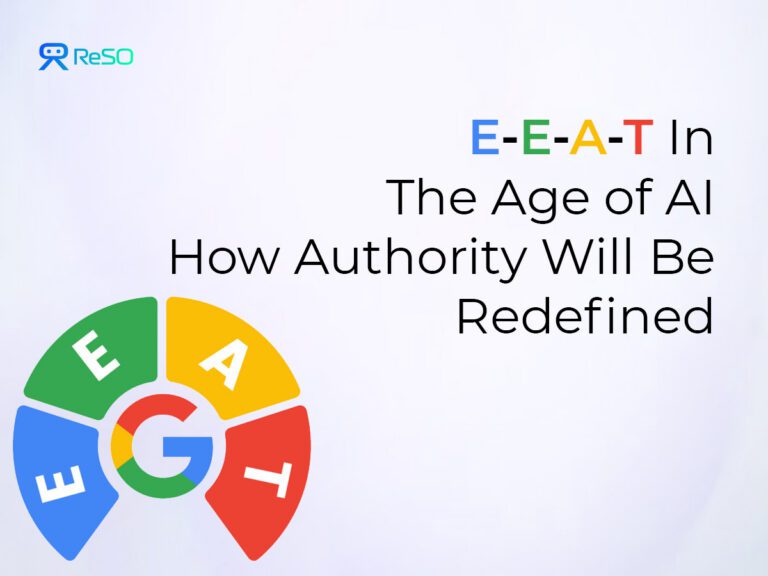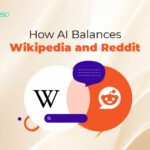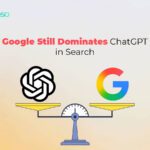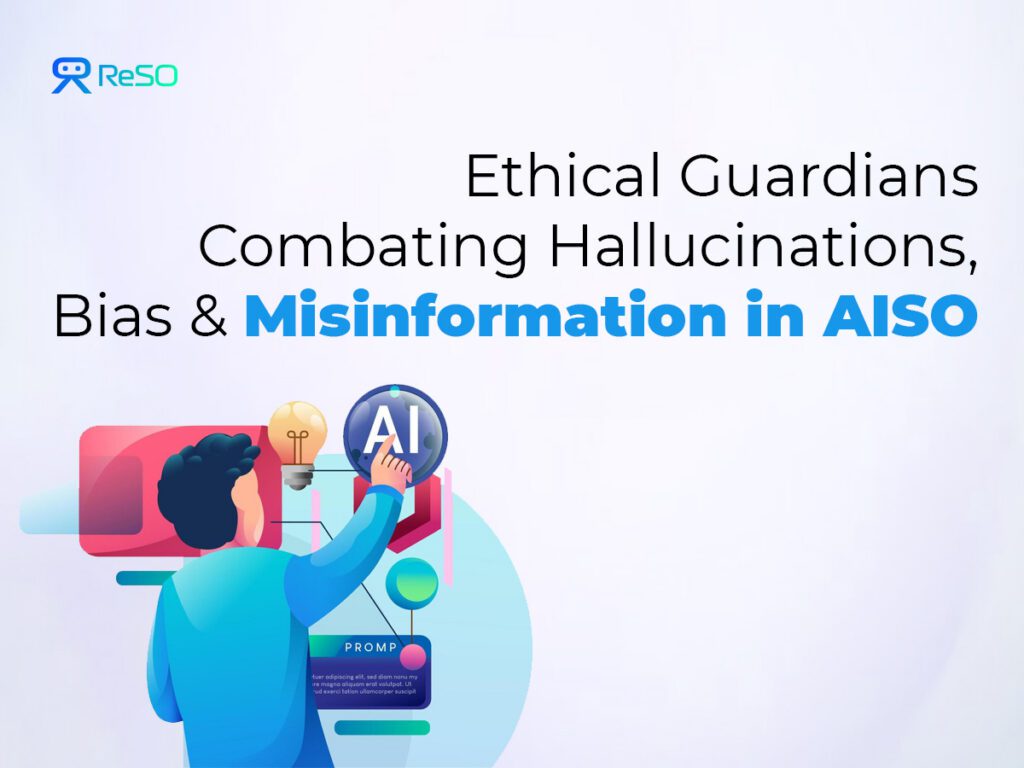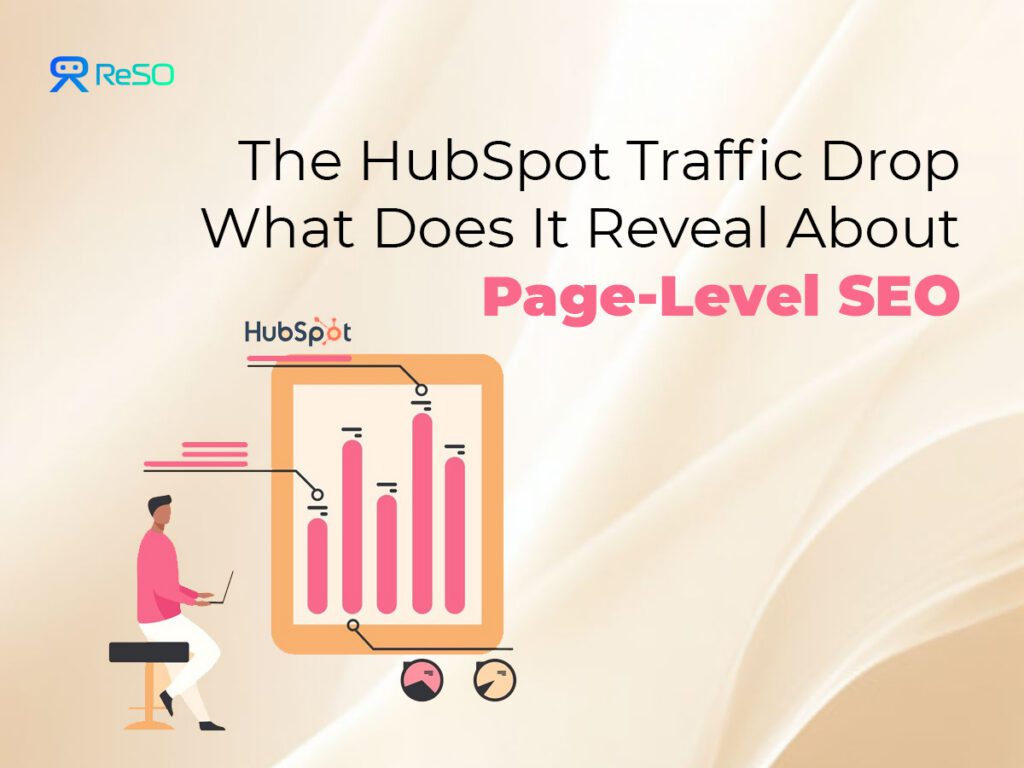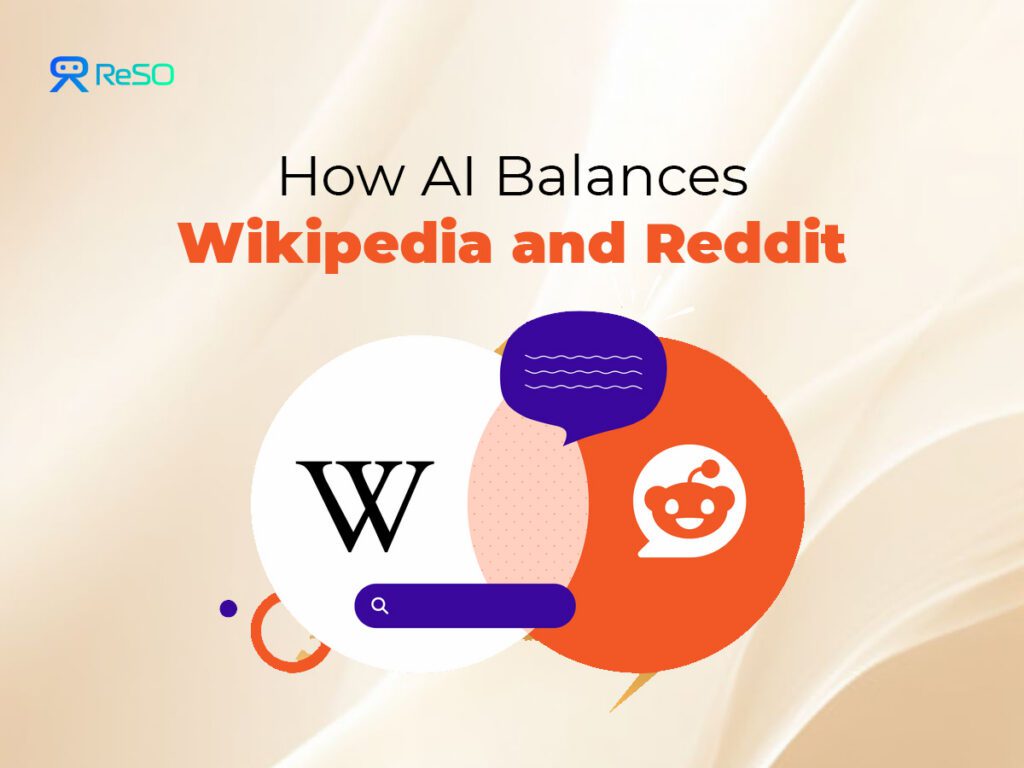Key Takeaways
- Google’s E-E-A-T (Experience, Expertise, Authority, Trust) is still crucial, but AI is changing how authority is judged.
- By 2026, 90% of online content is expected to be AI-generated, rewriting the old SEO playbook.
- Real-world validation, like author citations and brand reputation, now carries more ranking weight.
- AI fact-checking and source verification are becoming vital for building trust and accuracy.
- Being cited by AI platforms is the new backlink; deep, original content boosts your chance to get referenced.
- Combine traditional SEO with AI-focused strategies that emphasize verified expertise and transparent sourcing.
Google’s E-E-A-T framework has been the foundation of content quality evaluation for years. E-E-A-T stands for Experience, Expertise, Authoritativeness, and Trustworthiness, the four pillars that determine whether content ranks or disappears into obscurity.
However, here’s what’s changing: AI isn’t just another content tool. It’s fundamentally reshaping how brand authority is built and how trust is established online. According to Ohio Today, as much as 90% of online content may be synthetically generated by 2026. Hence, the old playbook is being rewritten.
Experience demonstrates first-hand, real-world knowledge. Google wants proof that you’ve done what you’re discussing.
Example: a restaurant review from someone who ate there or a product comparison from someone who tested both options.
When a certified financial planner discusses retirement strategies, the E-E-A-T SEO becomes critical for high-stakes content. Expertise refers to such demonstrable knowledge or credentials in a specific field.
Some signals depend on how others perceive and reference your work. Ask yourself: Are you cited by reputable sources? Do industry publications feature your insights? That’s Authoritativeness. And it’s about reputation & external validation.
Trustworthiness is about accuracy, transparency, and reliability. Can users trust that your content is factual? It’s the hardest signal to build and the easiest to destroy.
For years, these pillars guided content strategy. But AI has introduced a critical variable: when machines can generate expert-sounding content at scale, how do traditional authority signals hold up?
How AI Impacts Authoritativeness Signals
The explosion of AI-generated content has created what industry experts call an “authority crisis.” When anyone can produce sophisticated content in minutes, traditional signals of expertise blur.
- AI can write content that sounds authoritative without possessing actual authority.
- It can cite studies, use technical terminology correctly, and structure arguments logically.
- To many readers and even algorithms, AI-generated content can appear indistinguishable from expert-written material.
This creates fundamental challenges for Google AI ranking factors. The search engine must distinguish between genuine expertise and sophisticated mimicry. According to recent data, Google’s traffic decreased 7.91% from 2023 to 2024 as AI tools like ChatGPT changed how people search for information, forcing Google to evolve its evaluation methods.
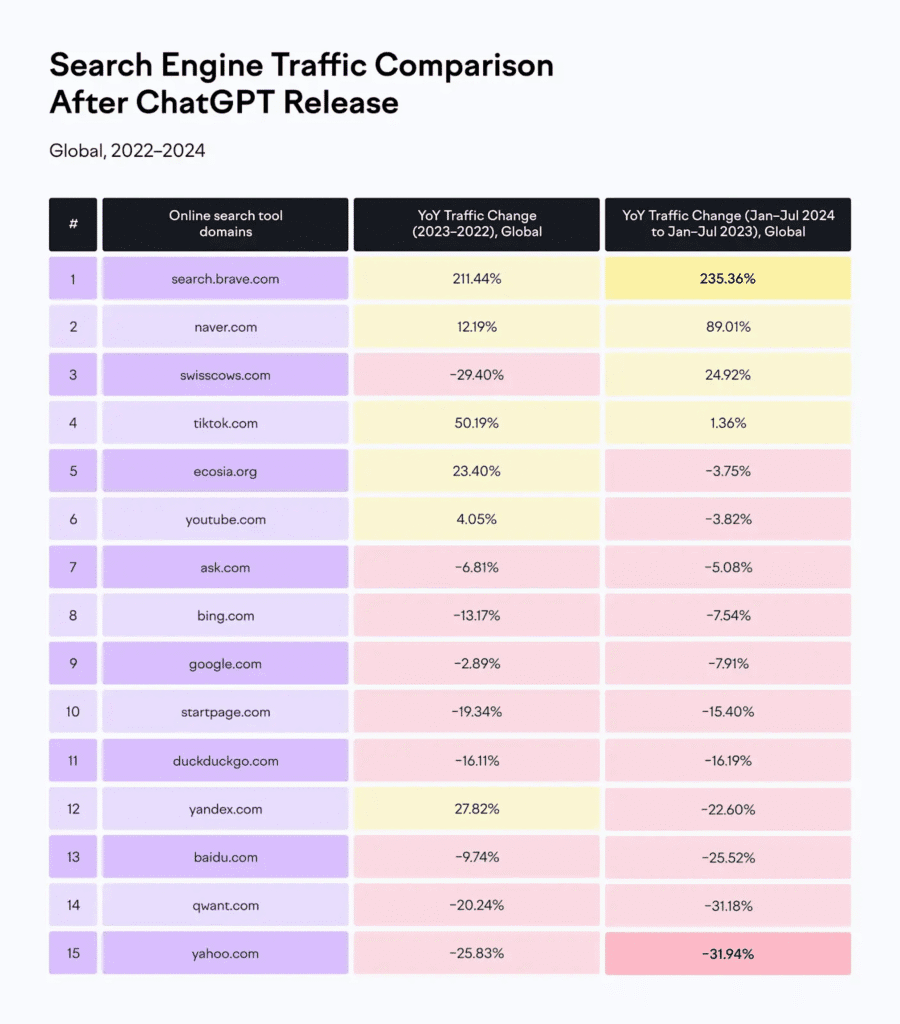
IMG BY Semrush
Google is Responding By Prioritizing Signals AI Cannot Easily Replicate:
Brand authority is everything now. AI pumps out content at lightning speed, but the lasting difference is the brand behind it. Mayo Clinic versus a new content farm registered last month? Google knows which to trust. Years of brand reputation built can’t be faked by AI.
But it’s more than just the brand, individual author identity carries serious weight too. Google’s Knowledge Graph tracks you everywhere: LinkedIn, your articles, citations, and web presence. This “author entity” is judged on its own merit.
External validation is crucial. Google goes beyond your site now. Are you cited by news outlets? Spoken at industry events? Credited in authoritative publications? These outside shout-outs show AI and algorithms that you’re the real deal.
Then there’s behavior data. How do people actually engage with your content? Google sees time spent, bounce rates, return visits, interaction. That’s the proof your content truly delivers value, not just looks good on paper.
This is the new SEO reality. Building authority is about trust, validation, and genuine engagement, things AI can’t simply mimic.
The shift is clear: surface-level authority signals are giving way to deeper, harder-to-fake indicators of genuine expertise. This creates both challenges and opportunities for legitimate content creators competing in a world where AI can produce ten articles in the time it takes to write one.
AI-Driven Fact-Checking and Citations
One of the most significant shifts is the emergence of AI-powered fact-checking at scale. If AI can generate questionable content quickly, it can also verify content quickly. Google is investing heavily in this capability to maintain trust in AI content.
- Automated citation verification is becoming standard. AI systems now check whether sources actually support the claims attributed to them. If you cite a study, AI can verify your interpretation. If you reference statistics, AI traces them back and flags discrepancies.
- Cross-referencing at scale allows AI to compare claims across thousands of sources instantly. If your claim contradicts expert consensus, AI flags it. Conversely, if your claim aligns with authoritative sources, that becomes a powerful trust signal.
- Source quality weighting means not all citations are equal. Peer-reviewed journals carry more weight than blog posts. Primary sources outweigh secondary sources. AI systems understand these hierarchies and evaluate content accordingly.
For content creators, this creates both challenges and opportunities. You can no longer rely on sloppy research or questionable sourcing. But if you create genuinely well-researched, properly sourced content, you’ll stand out dramatically from AI-generated noise.
Adapt Your E-E-A-T SEO Strategy With These Tactics:
- Cite primary sources:Go directly to the original study rather than referencing articles about it. This strengthens credibility and helps AI systems verify claims more easily.
- Use reputable sources: Building a pattern of citing high-authority sources signals commitment to accuracy. Mix peer-reviewed research, government data, and established industry publications.
- Be transparent about limitations. If something is contested, acknowledge it. AI systems detect overconfidence and unqualified claims. Intellectual honesty is becoming an algorithmic advantage for trust in AI content.
- Update content regularly. Outdated information, especially in fast-moving fields, erodes trust. Set up systems to review and refresh high-traffic content periodically to maintain your Google AI ranking factors.
- Implement structured data for citations. Schema markup for references helps search engines understand and verify your sourcing more easily.
Building Authority in AI-First Platforms
The platforms where brand authority is built are changing. It’s no longer just about domain authority or Google ranking. AI-first platforms like ChatGPT, Perplexity, and emerging AI search engines are becoming primary discovery channels, and they evaluate authority differently.
In these platforms, authority is compressed into a single decision: does the AI cite you or not? Being a cited source in AI responses is the new backlink. With 78% of companies globally now using AI in at least one business function, according to Netguru, optimizing for AI platforms is no longer optional.
Here’s How to Become a Cited Source
Create definitive, comprehensive resources. AI models prioritize content that thoroughly covers topics. Shallow content gets passed over. Deep, well-researched pieces that serve as authoritative references are more likely to be cited.
Establish topical authority in specific niches. Go deep rather than wide. AI models recognize patterns of expertise. Consistently publishing high-quality content in a specific domain increases your likelihood of being recognized as authoritative.
Focus on original research and unique data. AI models excel at synthesizing existing information but need sources. Producing original research or proprietary data makes you indispensable to AI systems, providing accurate answers.
Optimize for AI summarization. Structure content so key points are clear and extractable. Use headers, bullet points, and clear thesis statements. Make it easy for AI to understand and accurately represent your ideas.
The smartest content strategists optimize for both traditional search and AI platforms. This means creating content that ranks well in Google while being the comprehensive, well-sourced material that AI models reference. Some experts call this AI Search Optimization (AISO), a new discipline for the AI-first era.
The future model looks like this: Traditional websites remain important as the source of truth, but AI platforms become the primary discovery mechanism. Someone asks an AI assistant for information, receives a synthesized answer citing authoritative sources, then clicks through for deeper exploration.
In this model, being cited is the new ranking. Your E-E-A-T SEO strategy must account for both traditional ranking factors and AI citation likelihood. That means doubling down on genuine expertise, verifiable credentials, transparent sourcing, and comprehensive coverage.
The Path Forward
E-E-A-T isn’t disappearing. It’s becoming more important. But how we signal experience, expertise, authoritativeness, and trustworthiness is evolving rapidly in response to AI’s influence.
For Individuals: Invest in verifiable credentials and public demonstrations of expertise. Publish research, speak at conferences, and contribute to industry publications. Create a web of verification that both AI systems and human audiences recognize.
For Businesses: Focus on quality over quantity. One well-researched piece outweighs ten shallow AI-generated articles. Build relationships with journalists. Become a cited expert. Invest in original research that others reference to build lasting brand authority.
For Content Creators: Embrace AI as a tool for research and drafting, but add human elements AI cannot replicate: personal experience, unique perspectives, original analysis, and careful verification.
The companies and creators who will win understand that AI has raised the bar, not lowered it. AI makes content production easier, which means the differentiator is no longer production volume. It’s genuine expertise and trustworthiness that matter most.
Google AI ranking factors will continue evolving, but the fundamental principle remains: provide valuable, accurate, trustworthy information from credible sources. Do that consistently, and you’ll build authority that no algorithm can dismiss.AI doesn’t diminish E-E-A-T’s importance. It amplifies it. Recognizing this reality will make you the authority enduring in an AI-first world where trust in AI content becomes the ultimate currency. And ReSo helps you build that authority. Book your call with us now.

